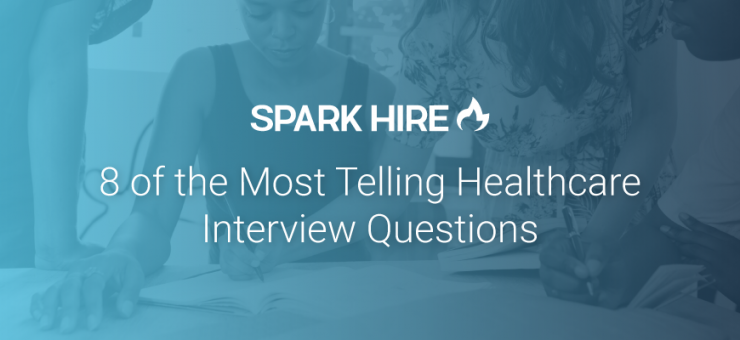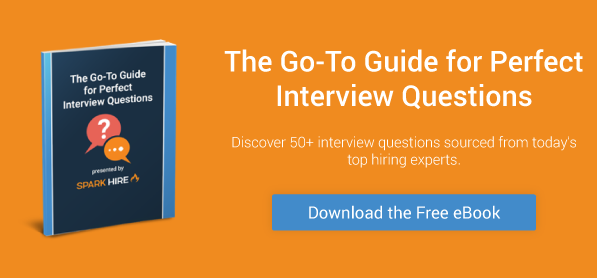The demand for healthcare workers is at an all-time high. According to the Association of American Medical Colleges (AAMC), the United States will see a shortage of nearly 122,000 physicians by 2032. Mercer predicts the healthcare industry will need to hire 2.3 million new workers by 2025 in the U.S. alone to appropriately care for its aging population.
As a result, you must make every interview, right down to each singular question, count toward ensuring you assess healthcare candidates accurately. With the help of healthcare recruitment experts, we’ve made a list of the best interview questions to ask.
1. Give an example of a time that you dealt with conflict in the workplace.
 Most healthcare jobs require employees to work together as a team. If somebody doesn’t know how to deal with conflict, whether it be between an employee and a patient or one employee and another, find someone out there who is a better fit for a job in healthcare.
Most healthcare jobs require employees to work together as a team. If somebody doesn’t know how to deal with conflict, whether it be between an employee and a patient or one employee and another, find someone out there who is a better fit for a job in healthcare.
Kevin Lee, Founder and CEO of JourneyPure
 Use one-way video interviews to ask situational questions to screen candidates for fit. Predetermined situational questions allow you to effectively compare candidates’ responses to assess who best aligns with your culture, client base, and expectations.
Use one-way video interviews to ask situational questions to screen candidates for fit. Predetermined situational questions allow you to effectively compare candidates’ responses to assess who best aligns with your culture, client base, and expectations.
2. What are the latest updates and trends happening in the healthcare industry?
I feel this question is fundamental to ask in every interview as the industry is evolving rapidly and so are the trends. The fresh graduates must know what is happening in the world of healthcare and what latest technologies are being used in the industry. Those who know even a bit of it show they’re fully invested.
CJ Xia, VP of Marketing and Sales at Boster Biological Technology
3. What do you do when patient communication gets tough?
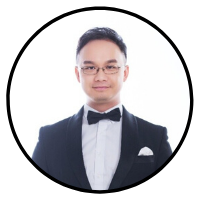 This question reveals the real side of the person. Healthcare professionals should be very friendly to their patients. If they are not suitable for people, they can’t treat them well. Through the question, I seek humanity in candidates and the power of dealing with patients in every situation.
This question reveals the real side of the person. Healthcare professionals should be very friendly to their patients. If they are not suitable for people, they can’t treat them well. Through the question, I seek humanity in candidates and the power of dealing with patients in every situation.
CJ Xia, VP of Marketing and Sales at Boster Biological Technology
 Soft skills, like communication, are often challenging to assess. Add standardized problem-solving questions to your list of interview questions to see soft skills in action. Creating an exact situation where candidates need to show how they’d react and adjust due to challenges gives you a closer look at their communication skills.
Soft skills, like communication, are often challenging to assess. Add standardized problem-solving questions to your list of interview questions to see soft skills in action. Creating an exact situation where candidates need to show how they’d react and adjust due to challenges gives you a closer look at their communication skills.
4. If you could change anything about the healthcare system, what would it be and how would you address the challenge?
There are many challenges in healthcare to choose from and many “right answers.” What I’m looking for is a thoughtful articulation of a potential solution and the ability to explain why a certain approach is an improvement.
Ted Chan, CEO of CareDash
5. Pick any type of medical practice and walk me through the high-level economics.
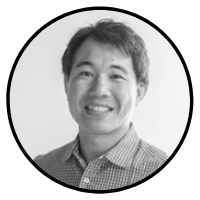 This is an open-ended, business-case type question I ask. The question helps me understand if an interviewee is able to think about the business aspect of healthcare and how it ties to the patient experience.
This is an open-ended, business-case type question I ask. The question helps me understand if an interviewee is able to think about the business aspect of healthcare and how it ties to the patient experience.
 Sit down with your team before starting the interview process to discuss what details you want to hear from respondents when asked these types of questions. Having a go-to guide for the “right” answers will help your team assess talent fairly and effectively.
Sit down with your team before starting the interview process to discuss what details you want to hear from respondents when asked these types of questions. Having a go-to guide for the “right” answers will help your team assess talent fairly and effectively.
6. How do you stay up to date with trends that are happening in the healthcare industry?
This question is very important to us as the medical industry moves so fast and there are so many different treatments available for the same illness, injuries, and diseases. We need to know that candidates will be in touch with new technological advances that happen, and other changes occurring in the industry.
Adil Bhaloda, Clinical Lead and Pharmacist at Prescription Doctor
7. How do you handle stressful situations? And tell us a time you didn’t and what you learned from it.
Without a doubt, the medical industry can provide some extremely stressful situations and it’s important we get an idea of how the candidate will potentially handle that.
Adil Bhaloda, Clinical Lead and Pharmacist at Prescription Doctor
8. Where do you see the future of healthcare?
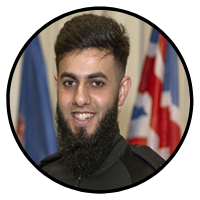 This is for us to see their philosophy on healthcare and what sector they would fit into. Some areas are black and white in terms of how things are done, while others take a more holistic approach. This question allows us to determine if they are culturally suitable for the role they are applying for.
This is for us to see their philosophy on healthcare and what sector they would fit into. Some areas are black and white in terms of how things are done, while others take a more holistic approach. This question allows us to determine if they are culturally suitable for the role they are applying for.
Adil Bhaloda, Clinical Lead and Pharmacist at Prescription Doctor
 Define the key characteristics of a role, company-wide needs, and the main philosophies of your healthcare organization. Also, identify the qualities of successful employees in similar roles to compare candidates. Use this information as you develop questions and collaborate with your team on who is the best fit for the role.
Define the key characteristics of a role, company-wide needs, and the main philosophies of your healthcare organization. Also, identify the qualities of successful employees in similar roles to compare candidates. Use this information as you develop questions and collaborate with your team on who is the best fit for the role.


